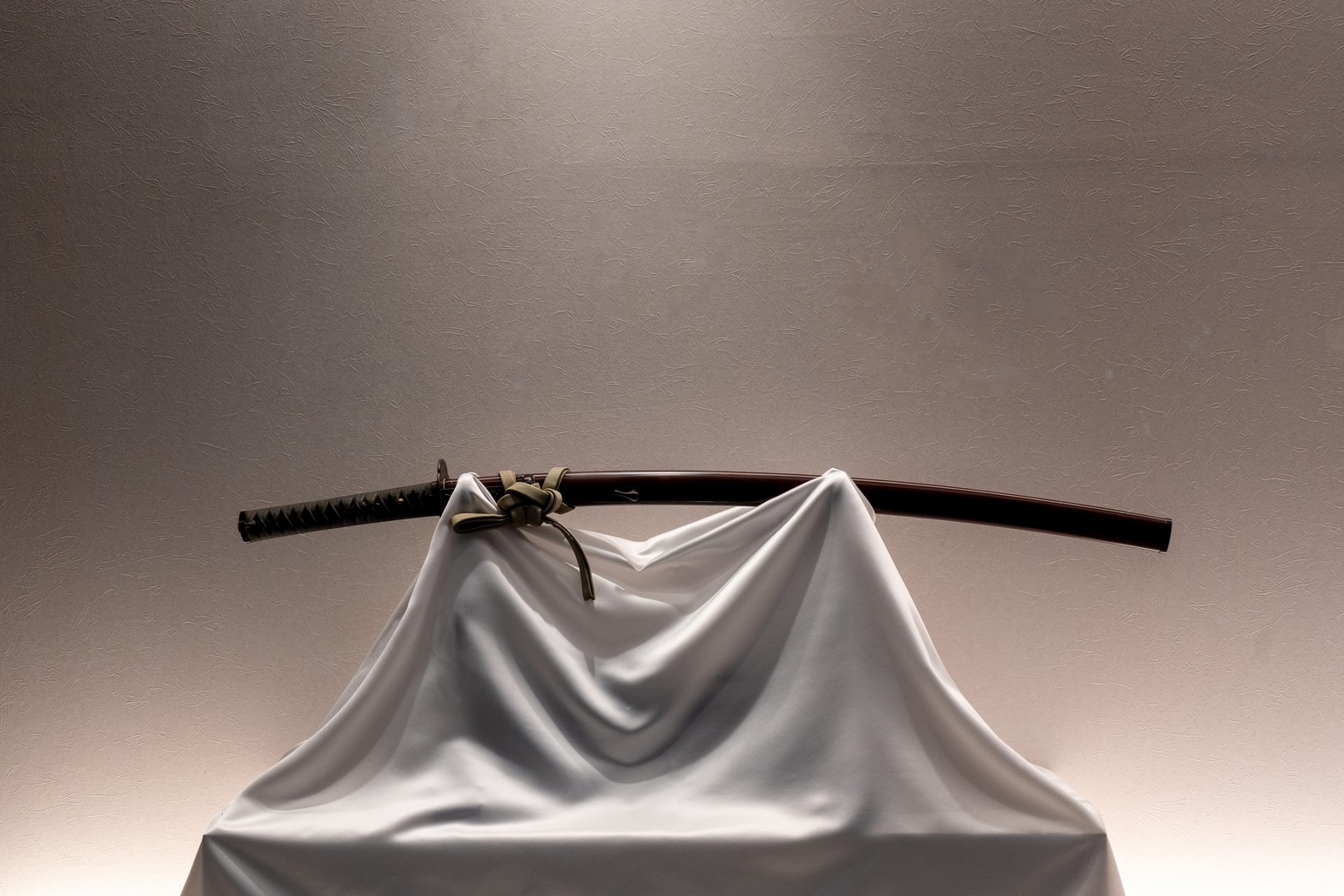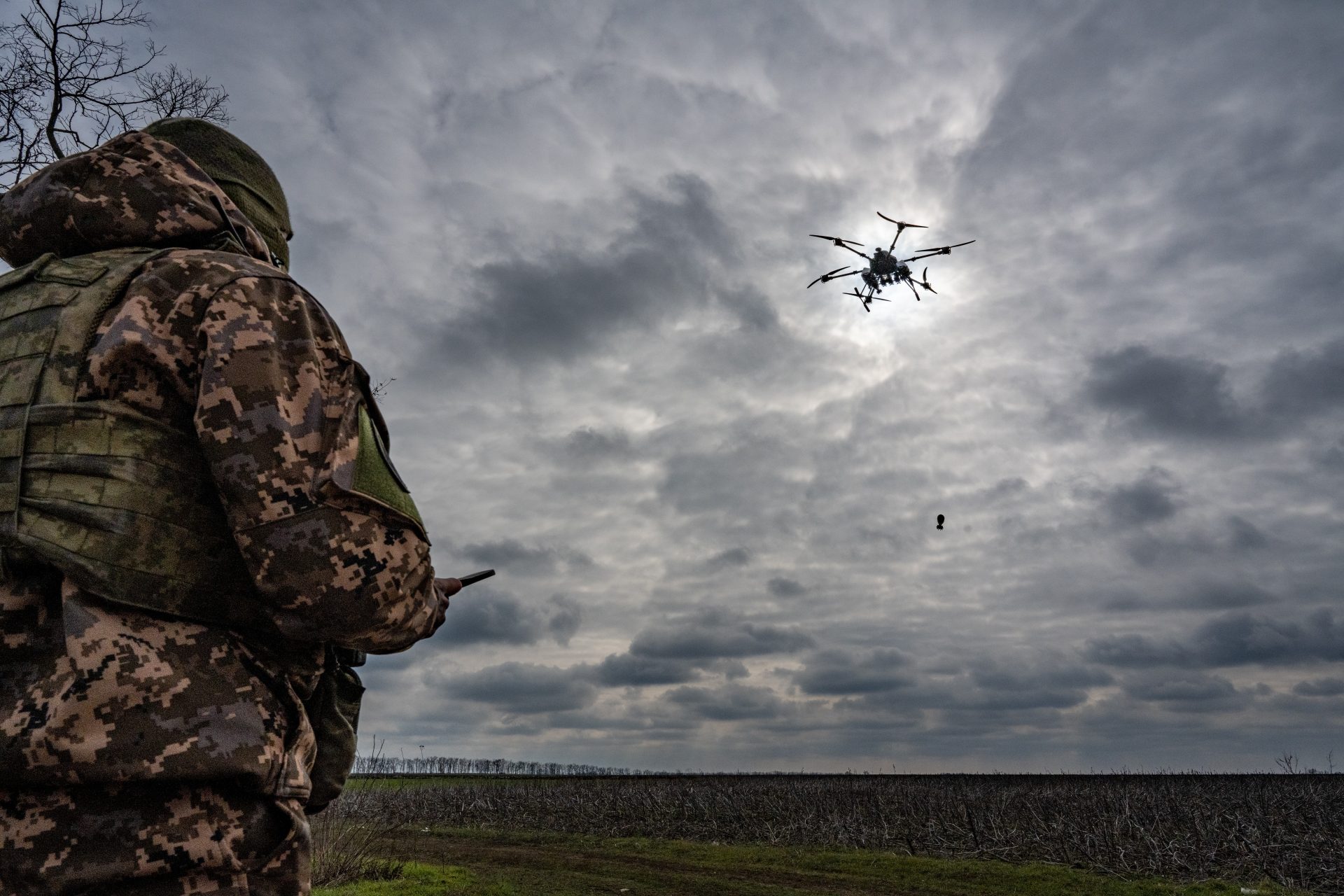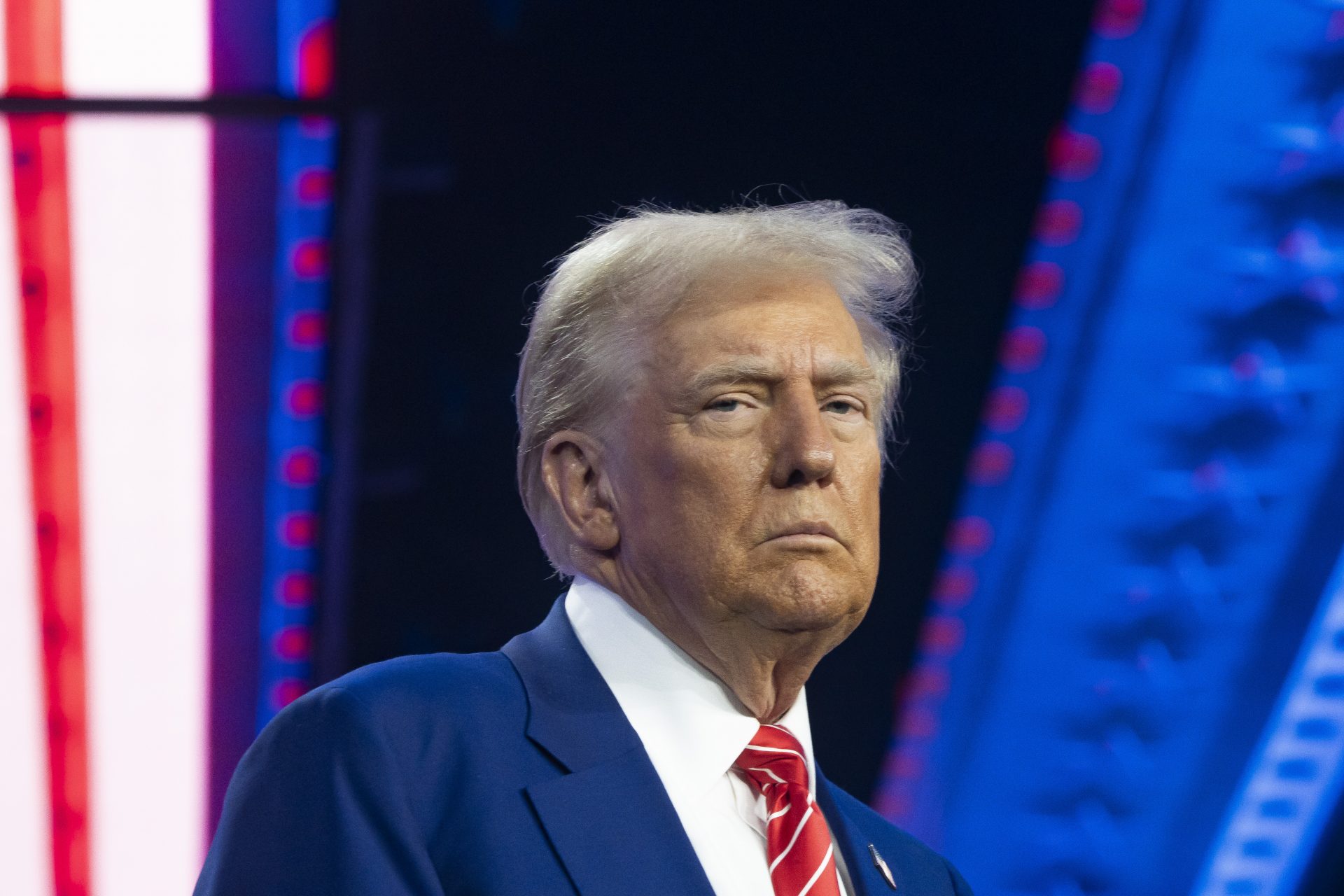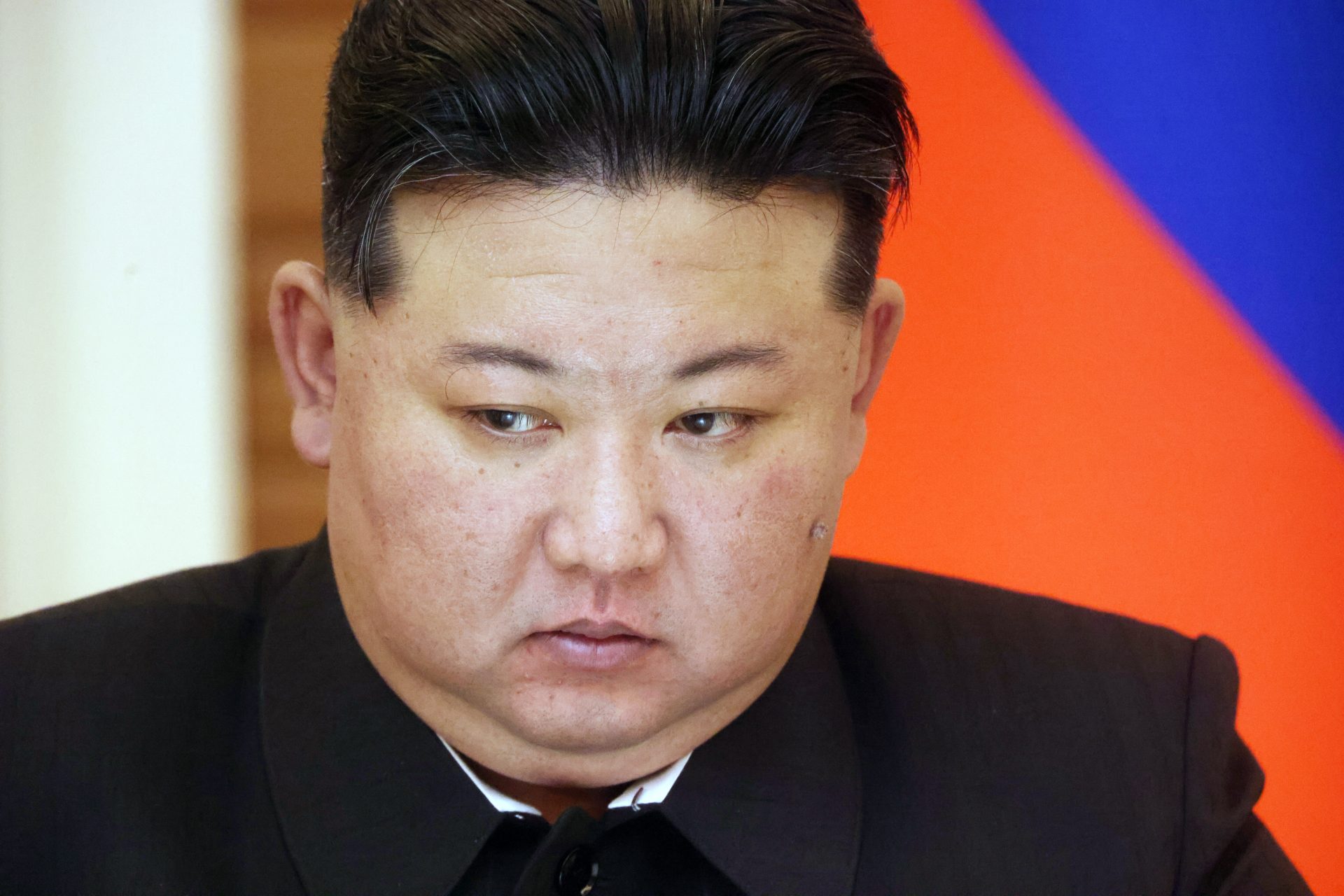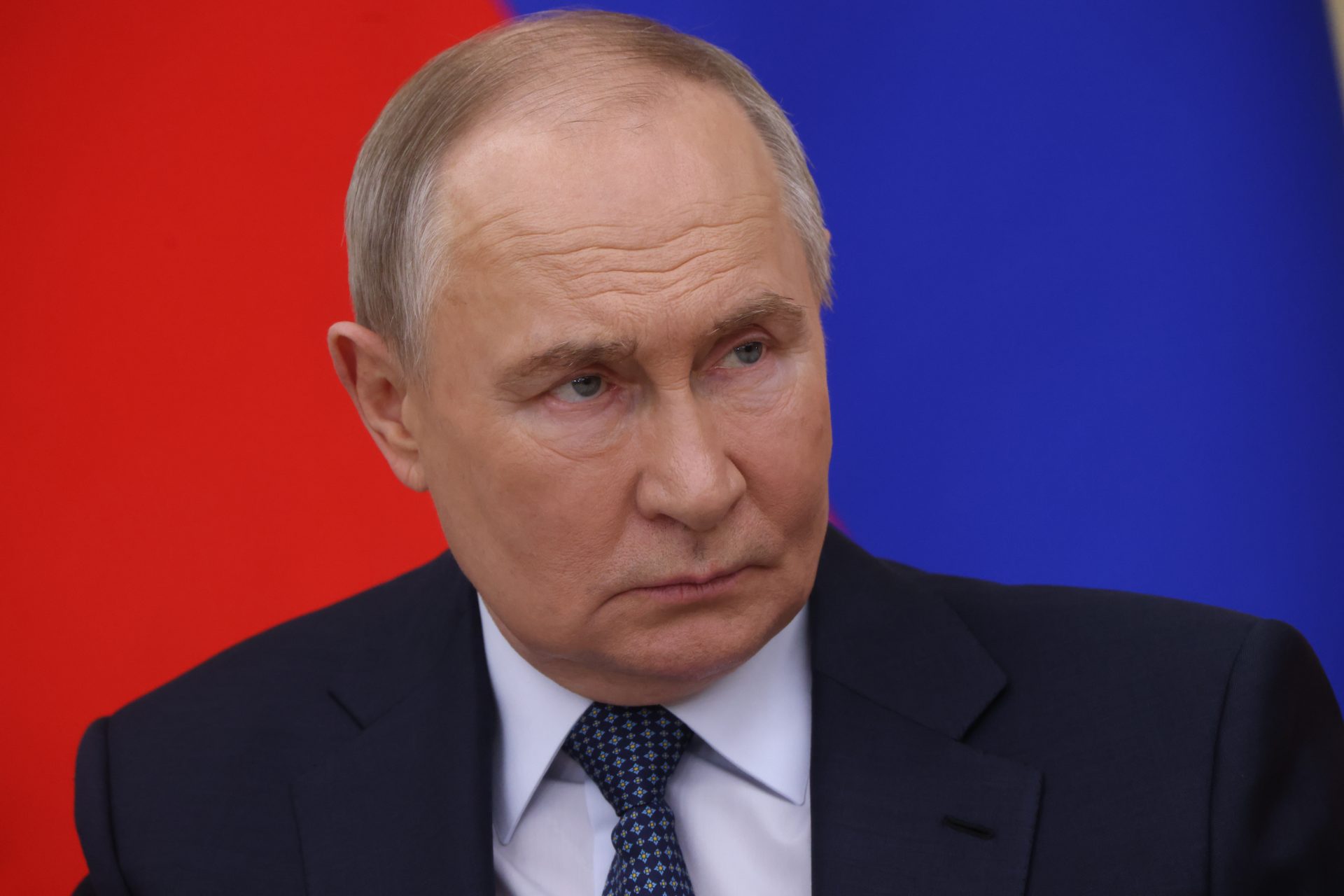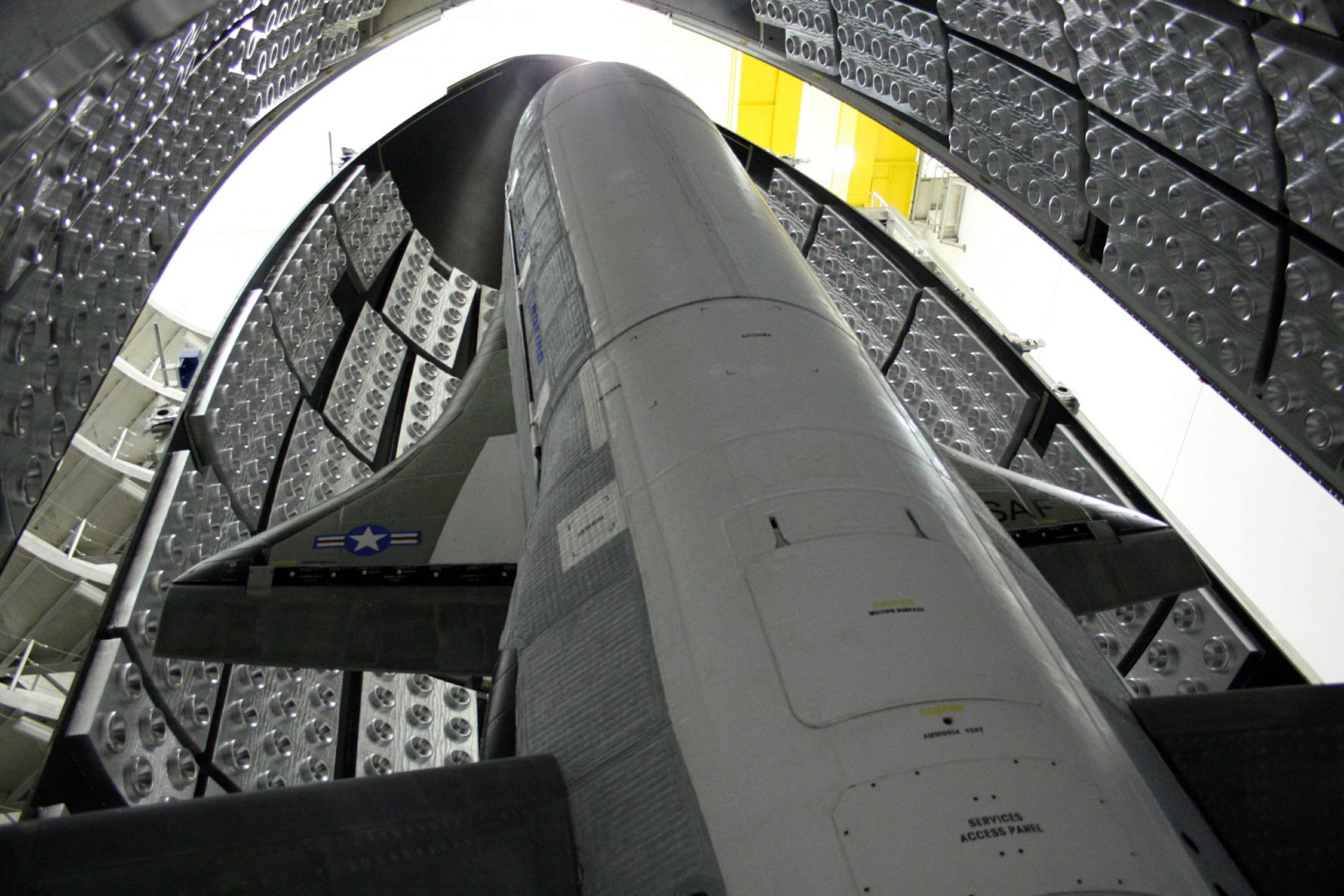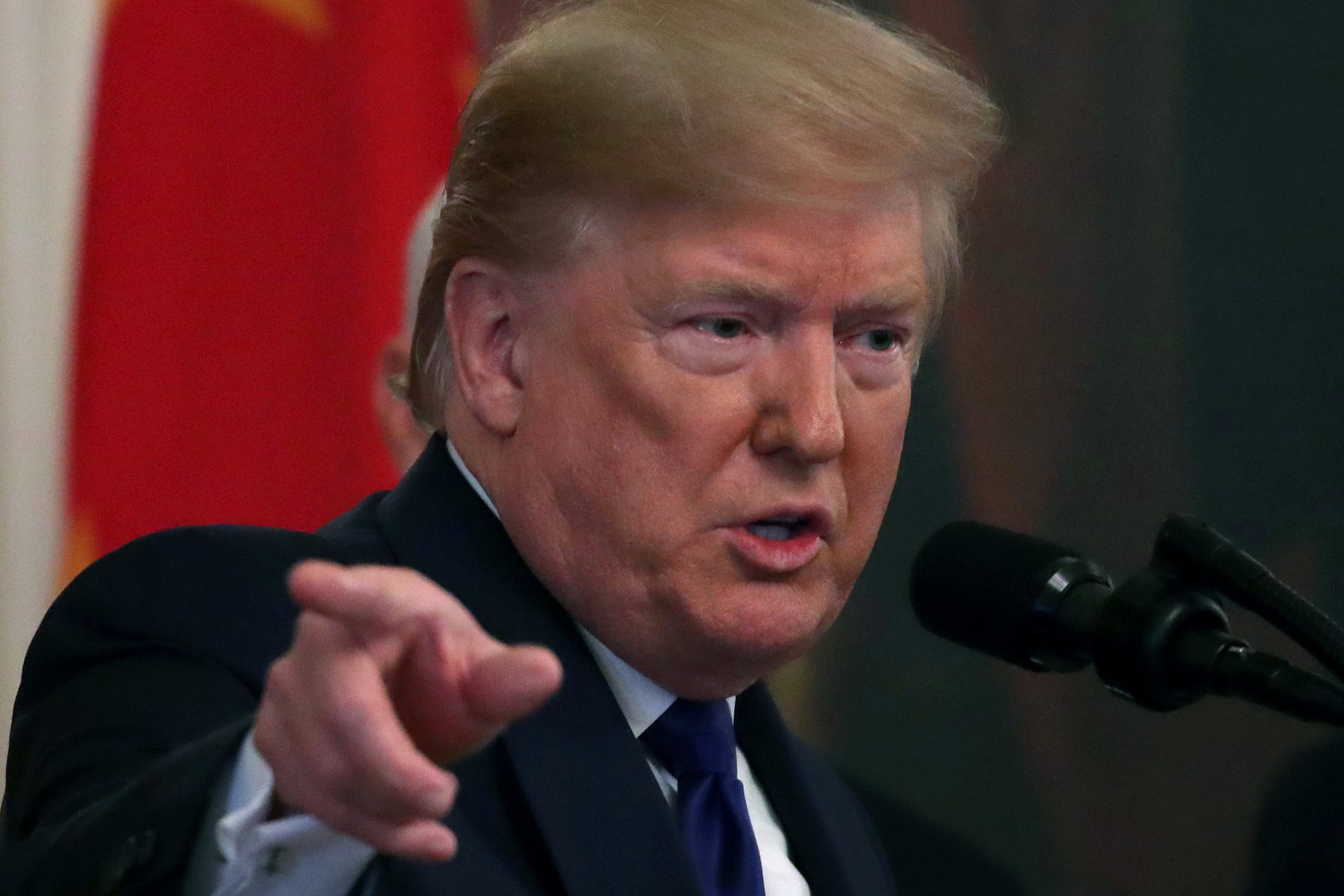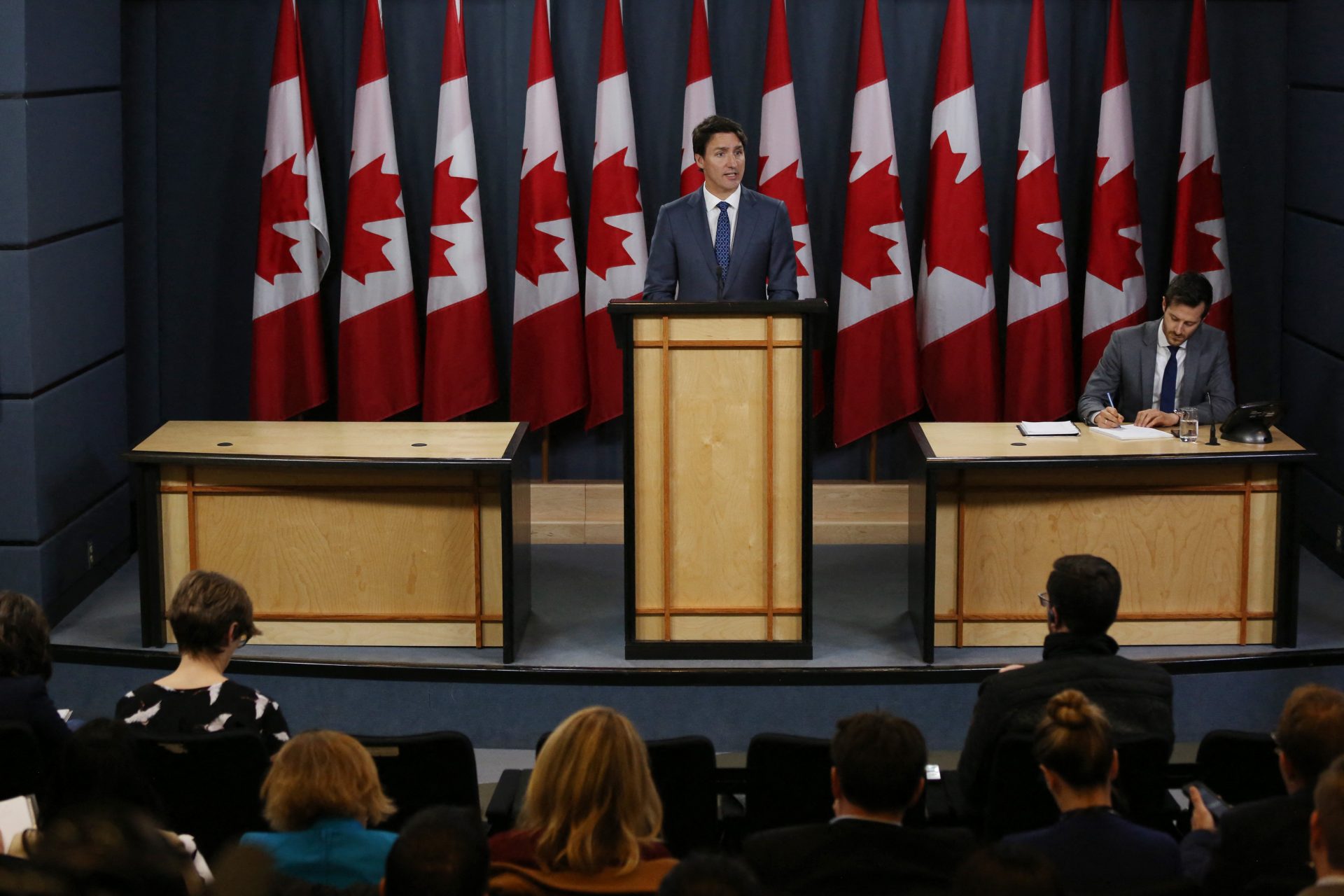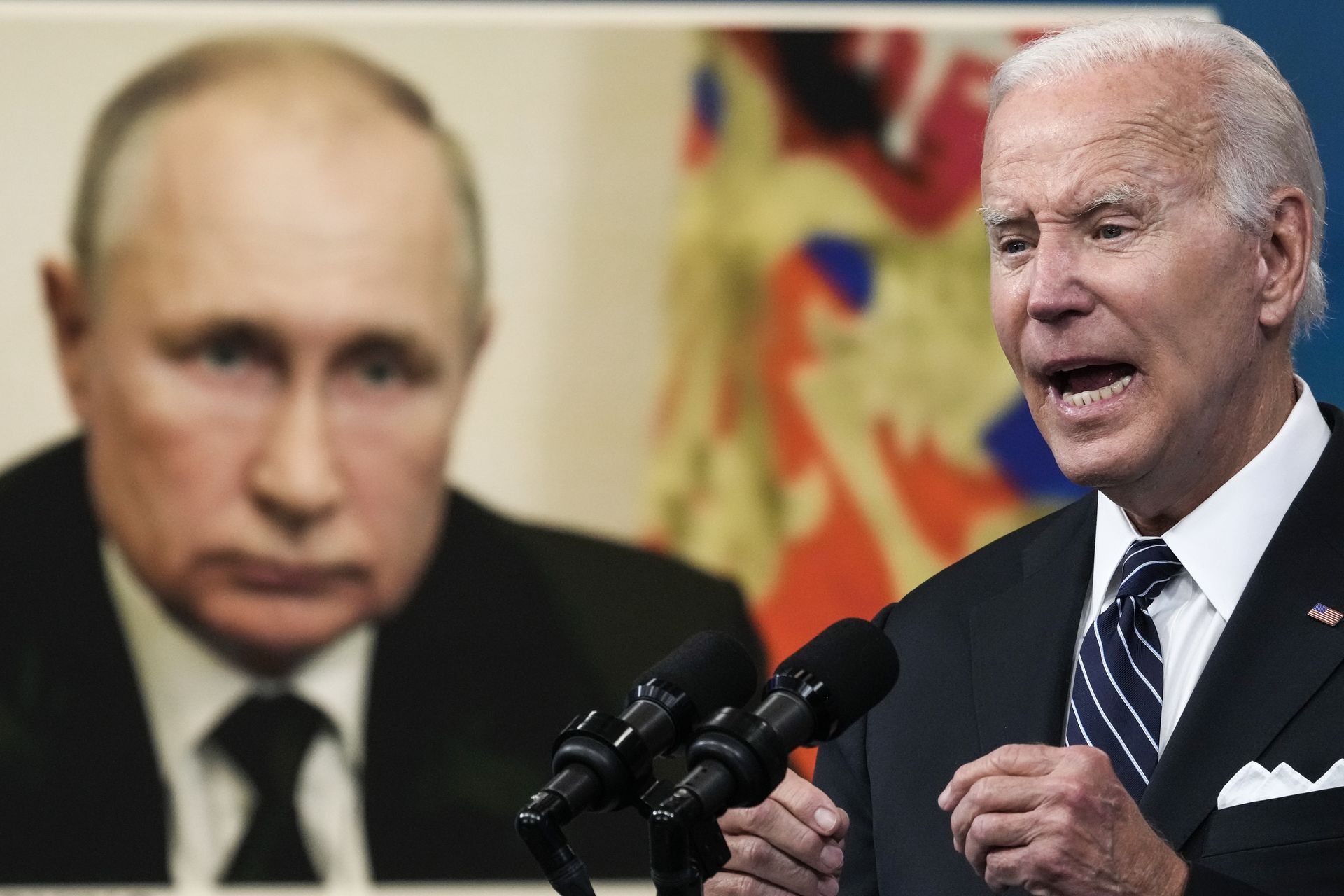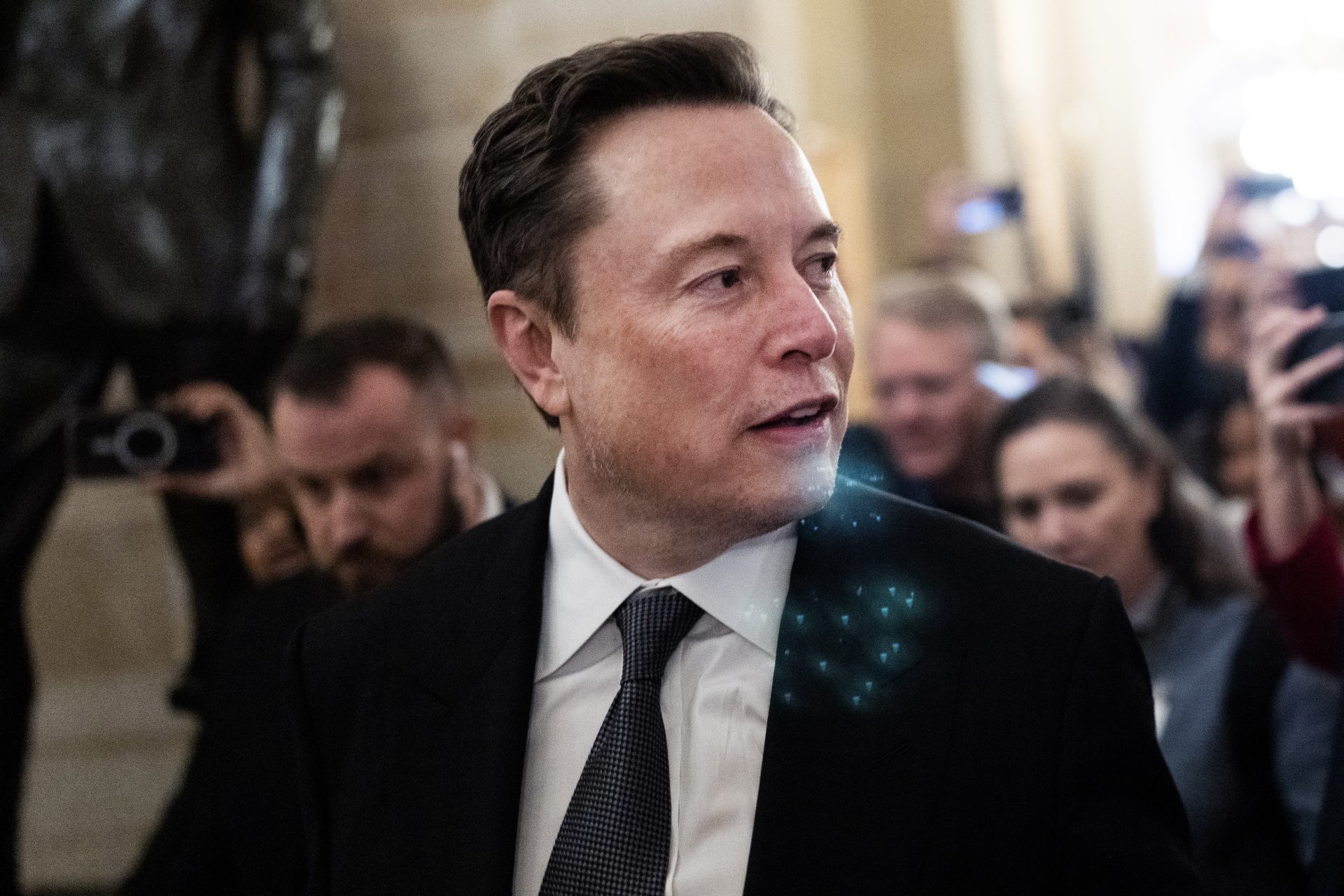Ukraine gains EU candidate status, opening the door to join the bloc
It's official! The 27 members of the European Union have granted Ukraine candidate status, the first step toward joining the EU.
The European Commission officially backed Ukraine's candidate status to the European Union on June 17. When the decision was made public, European Commission President Ursula von der Leyen tweeted that “Today is a good day for Europe”.
This happened after a surprise meeting in Kyiv on June 11, where the European Commission met with Ukrainian President Volodymyr Zelensky to discuss his country's membership bid in the European Union.
Von der Leyen revealed that a definite resolution on granting Ukraine the status of an EU candidate would come by the end of the month. However, the President of the European Commission highlighted that there were still many things the Ukrainian government had to address if the country wanted to be part of the EU.
“You have done a lot in strengthening the rule of law, but there is still a need for reforms to be implemented, to fight corruption, for example”, von der Leyen said during a press conference with the Ukrainian president, as quoted by Al Jazeera.
Al Jazeera reports that, back in April, Zelensky argued that becoming a member of the European Union was part of his 'strategic vision' of Ukraine's post-war reconstruction.
On June 13, officials of the European Commission told the press that it would recommend giving Ukraine candidate status after much deliberation.
Image: Marius Oprea / Unsplash
“The Commission does not forget that Ukraine is the only country in Europe where people died, where people were shot at because they were on the streets carrying EU flags”, one senior official was quoted by Politico. “Now, we cannot tell them, 'sorry guys, you were waving the wrong flags'”.
Nevertheless, as Politico points out, the final decision rests on the European Council, where the 27 countries that make up the EU have to unanimously agree to accept Ukraine as a candidate.
Some EU member states have already expressed in the past their second thoughts about allowing Ukraine to join part of the union so quickly and in such strenuous circumstances.
Image: Guillaume Périgois / Unsplash
Emmanuel Macron took the opportunity to address the European Parliament on May 9 regarding Ukraine. The French president argued that, while Ukraine is a “heartfelt member of Europe”, it might take “years, even decades” for the country to be part of the EU, The New York Times reports.
The French President, who has been in conversations with Putin since the war broke out, said to the European Parliament that the European Union would “do everything” to ensure that “Russia can never win”.
“The European Union, given its level of integration and ambition, cannot be the only way to structure the European continent in the short term,” Mr. Macron was quoted saying by The New York Times.
Macron, instead, envisioned a potential 'outer circle' for allies and prospective members of the European Union that could include hopefuls such as Ukraine, Georgia, and Moldova and even a former member such as the United Kingdom. No more details were given about this proposal.
German Chancellor Olaf Scholz agreed with Macron's statements during a joint news conference in Berlin later that day but stressed that this shouldn't discourage potential EU members that are already in process.
May 9 happens to be Victory Day, one of the most important holidays in Russia. The country celebrates the Soviet Union's victory over Nazi Germany in 1945.
Russian President Vladimir Putin took the event as an opportunity to reiterate his reasons for the war in Ukraine, claiming that the military conflict was 'inevitable', as quoted by The New York Times.
“You are fighting for the Motherland, for its future, so that no one forgets the lessons of World War II,” Putin declared.
After all, 'denazifying' Ukraine has been one of Putin's arguments for Russia to invade its neighbor taking cases such as the Azov Battalion, a far-right militia group integrated into the Ukrainian army.
European Commission President Ursula von der Leyen declared on April 8 her intention to do anything she can to speed up Ukraine’s admission to the EU.
According to The Guardian, President Volodymyr Zelensky met with her and EU Commission Vice President Josep Borrell in Ukraine, where she handed him the questionnaire that would be the first step of the country's entry to the Union.
Von der Leyen stated her wishes during a visit to Bucha, 24 kilometers (around 15 miles) from Kyiv. The small city had been the epicenter of one of the most gruesome massacres since Russia invaded Ukraine last February.
These statements contradicted the outcome of an emergency summit in Versailles in early February, where European leaders declared that they won’t be fast-tracking Ukraine’s membership in the EU.
Pictured: German Chancellor Olaf Scholz during his arrival at Versailles.
Zelensky declared that Ukraine was “finally close to realizing our long-standing goal” to be part of the European Union, as quoted by the website The Hill.
“It will not, as usual, be a matter of years to form this opinion, but I think a matter of weeks,” stated the EU Commission President during her visit, as quoted by Reuters.
Credit: EU Commission / Handout
Von der Leyen also tweeted that the very same day the European Union would grant 500 million euros to the Ukrainian military.
The European Commission President also called for a full embargo on Russian gas and oil, according to AP.
A poll cited by Reuters on April 5 reveals that 91% of the Ukrainian population supports the country joining the European Union in case the NATO membership bid falls through.
After all, it’s important to remember that Vladimir Putin’s accusations of NATO expanding eastward, toward the former Soviet countries that comprise Russia’s sphere of influence.
However, Russia’s invasion of Ukraine seemed to have had the opposite effect: before the war, the idea of Ukraine becoming an EU member barely reached 60% of acceptance among the population.
Neighboring countries such as Finland and Sweden have also started eyeing the West, feeling unease with Russia’s blunt, sudden actions towards Ukraine.
Pictured: Finland's Prime Minister Sanna Marin.
The governments of Finland and Sweden are currently rethinking their neutrality and have opened to the possibility of joining NATO, according to the BBC.
The BBC quotes a spokesman from the Russian government, opposing the possibility of both Scandinavian countries forming part of NATO, arguing that “the alliance remains a tool geared towards confrontation.”
The Russian government announced in late March that it was willing to tolerate Ukraine joining the EU as long as it remains out of the North Atlantic Treaty Organization. Could this be a compromise that put an end to the war?
Meanwhile, a poll cited by Politico in mid-March shows that, while Europeans are sympathetic to Ukraine’s plea, they would prefer to wait a few years before the country formally joins the EU.
More for you
Top Stories





































